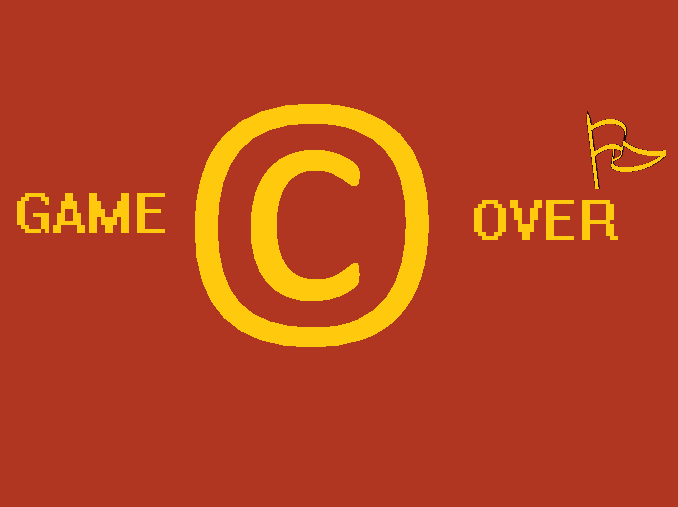Since the dawn of internet, the technological development has been exponential, leading to digitisation of almost all possible activities as from tablets and phones to watches, glasses, TVs and even refrigerators become “smarter”. The laws such as Digital Millennium Copyright Act (DMCA), enacted to focus on the rise of digital era, are unable to completely match the pace of this development. Recently, the US Copyright Office initiated the sixth triennial rule-making process which has been accepting petitions since then. Electronic Frontier Foundation (EFF), which has played a key role in past triennial rule-making proceedings and has gotten smartphone jailbreaks and video remixes exempted, has filed another six requests last year to the US Copyright Office.
Under chapter 12, DMCA prohibits circumventing technological measures designed to ensure copyright protection, commonly called as access controls, as specified under section 1201(a)(1)(A) in these words: “No person shall circumvent a technological measure that effectively controls access to a work protected under this title.” And to “circumvent a technological measure” under 1201(a)(3)(A) means “to descramble a scrambled work, to decrypt an encrypted work, or otherwise to avoid, bypass, remove, deactivate, or impair a technological measure, without the authority of the copyright owner.”
Though the intention underlying the provision was to boost copyright protection in the digital era since these measures “can be deployed, not only to prevent piracy and other economically harmful unauthorized uses of copyrighted materials, but also to support new ways of disseminating copyrighted materials to users, and to safeguard the availability of legitimate uses of those materials by individuals”, it could effectively lead to stifling of even the legitimate uses such as journalism, research (excerpts from movies can no longer be taken due to software issues), portability (e.g. playing iTunes videos on Android), etc.
Anticipating such a consequence, a “fail-safe” was placed on the recommendation of Commerce Committee, which culminated in section 1201(a)(1)(C), whereby the US Copyright Office is empowered to conduct rule making every three years to grant temporary exemptions, lasting until the next rule making, in cases where the law can obstruct legitimate use. Electronic Frontier Foundation Intellectual Property Director Corynne McSherry explains their reasoning for seeking such exemptions in these words: “Software is in all kinds of devices, from cars to coffee-makers to alarm clocks. If that software is locked down by DRM, it’s likely that you can’t tinker, repair, and re-use those objects without incurring legal risk.”
One of the major highlights in the exemptions sought this time concerns those video games which, though legally bought, can no longer be played because of discontinued support from the developers. The petition states that such games are no longer playable since they require authentication check from the servers which are no longer maintained by the developers. The petition adds that “This exemption would serve player communities that wish to continue using their purchased games, as well as archivists, historians, and other academic researchers who preserve and study video games and are currently inhibited by legal uncertainty because of §1201(a)(1).” The requests will be considered by the US Copyright Office over a long period which may last a year. Though enacted as a “fail-safe”, EFF finds that the procedure has become cumbersome due to the lack of clarity, temporary nature of even the most legitimate exemptions, and renewal required by rapid development of technology.
Source: here
This article is contributed by Mr. Priyank Dwivedi- Intern at BananaIP Counsels



